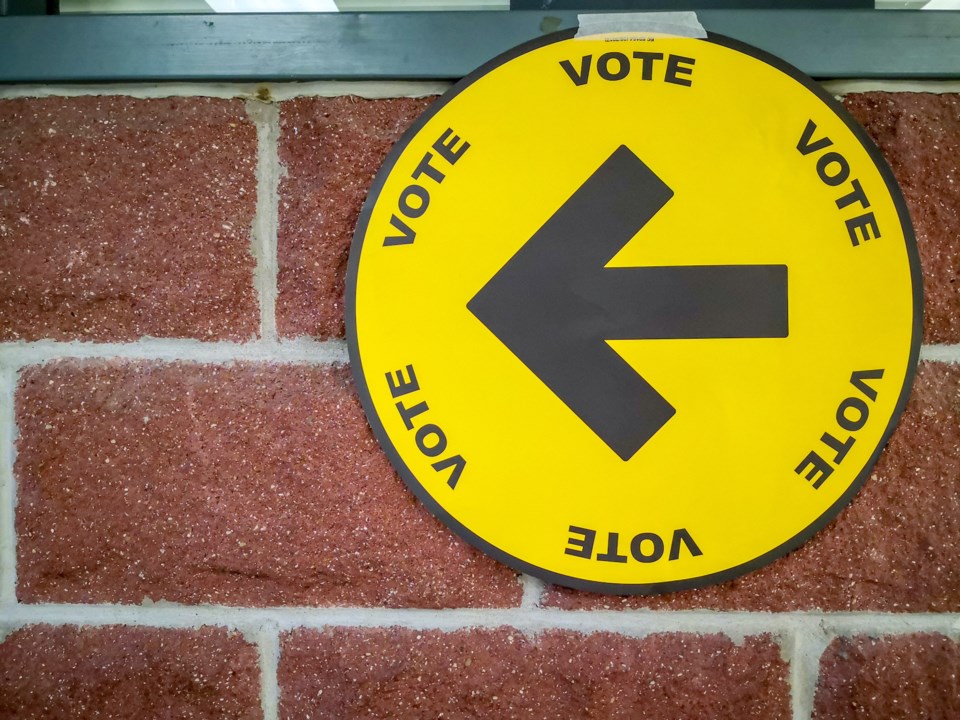Everywhere you go in Squamish, there’s a rather awkwardly-posed politician smiling from an election sign, or in other cases, merely the wannabe politician’s name.
The colourful but rudimentary placards dot boulevards and patches along the highway and side streets.
The BC Election Act does not regulate the content of election signs except that it requires that all sponsors are registered and all signs contain an authorization statement.
(By the way, landlords and strata corporations can not prohibit the owner or tenant of a unit from posting election signs on the premises of their unit.)
The signs are a bit like mushrooms. When one sign goes up, others are sure to follow.
Some fall over in the wind, and others are vandalized.
Vandalism is a common problem with signs in many communities, including Squamish.
Is it time to nix campaign signs in today’s online and environmentally conscious world?
Maybe, maybe not.
On the nix side, in 2020, the Town of Yarmouth, Nova Scotia, banned outdoor/lawn municipal, provincial and federal election signs.
(Signs can still be displayed from inside a home.)
“The town is hoping this will be better for the environment and provide a more even playing field for candidates who cannot afford to spend money to have signs produced,” explains a story in The Saltwire.
For over a decade, candidates have agreed not to use outdoor signs in elections in Portsmouth, Ontario.
Closer to home, candidates in Whistler in 2014 also agreed to forgo them.
On the other hand, as a reader said recently, when she called the paper to find out where she could learn more about candidates without going online, not all voters are hardwired for election coverage.
And some experts argue signs do seem to work in swaying some voters.
The research on the effectiveness of lawn signs leaves much to be desired, but the oft-quoted pollster Janet Brown and political scientist Duane Bratt have looked at the matter and found that the number of lawn signs can be a good predictor of who will win.
In modern campaigning, they still serve a purpose, Brown asserts.
“It helps you figure out what riding you’re in, who the candidates are, which candidates seem to be the most popular, have the most support,” Brown told Global News.
“We don’t have a lot of tools to help us understand what’s happening in our own riding, and so lawn signs become an important one.”
What do you think, Squamish? Would you like to see future elections turn sign free? Vote on our online poll at squamischief.com.


